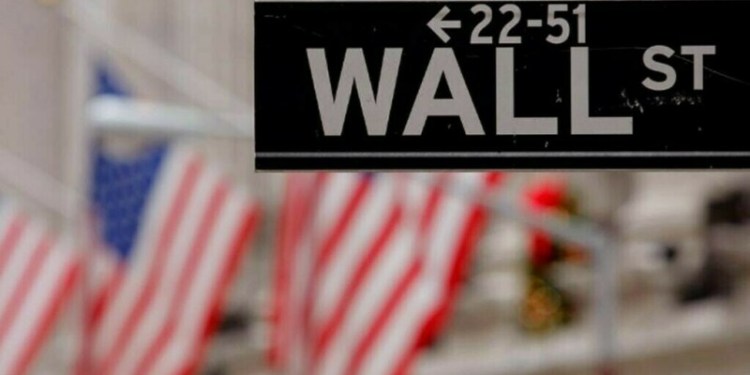LONDON: Oil prices fell sharply on Monday as concerns about supply disruptions eased and Libyan ports reopened while traders eyed potential supply increases by Russia and other producers.
Benchmark Brent crude dropped more than 3 percent to a low of $73, before recovering slightly to around $73.15 by 1340 GMT. U.S. light crude was down $1.70 at $69.31.
“The energy complex is a sea of red as concerns about supply outages subside,” said Stephen Brennock, analyst at London brokerage PVM Oil Associates.
Supply outages in Libya, a labour dispute in Norway and unrest in Iraq all helped to push oil prices higher late last week, though prices still fell for a second straight week.
Russia and other oil producers could raise output by 1 million barrels per day (bpd) or more if shortages hit the market, Russian Energy Minister Alexander Novak told reporters on Friday.
“If we need more than 1 million bpd, I don’t rule out that we can quickly discuss it and make a quick decision,” he said.
Commerzbank commodities analyst Carsten Fritsch said the outlook for supply was unclear, with news of disruptions from several oil producers, but Saudi Arabia and Russia had reminded the market of their determination to pump more oil if needed.
“Novak’s comments indicate that Russia and Saudi Arabia could raise production fast if needed,” Fritsch said.
Production at Libya’s giant Sharara oilfield was expected to fall by at least 160,000 bpd after two workers were abducted in an attack by an unknown group, the National Oil Corporation said on Saturday.
A Norwegian union for workers on oil and gas drilling rigs stepped up a six-day strike on Monday.
In Iraq, two protesters died on Sunday in clashes with security forces in the town of Samawa amid anger in southern cities over public services and corruption. Demonstrations have yet to affect crude production.
Reinforcing supply concerns were comments published on Monday by U.S. Treasury Secretary Steven Mnuchin, who said the U.S. aim was to squeeze Iranian oil exports “to zero”.
Mnuchin said that Washington wanted to avoid disrupting markets and would in some cases consider waivers, but that it had been made clear to allies that it expects them to enforce sanctions against Iran.
Investors were also on edge over the impact of the trade dispute between the United States and its big trading partners.
U.S. President Donald Trump and Russian President Vladimir Putin held their first stand-alone meeting in Helsinki on Monday. Trump has been vocal about his dissatisfaction with higher oil prices, asking OPEC to lower them.
Source: Brecorder
























